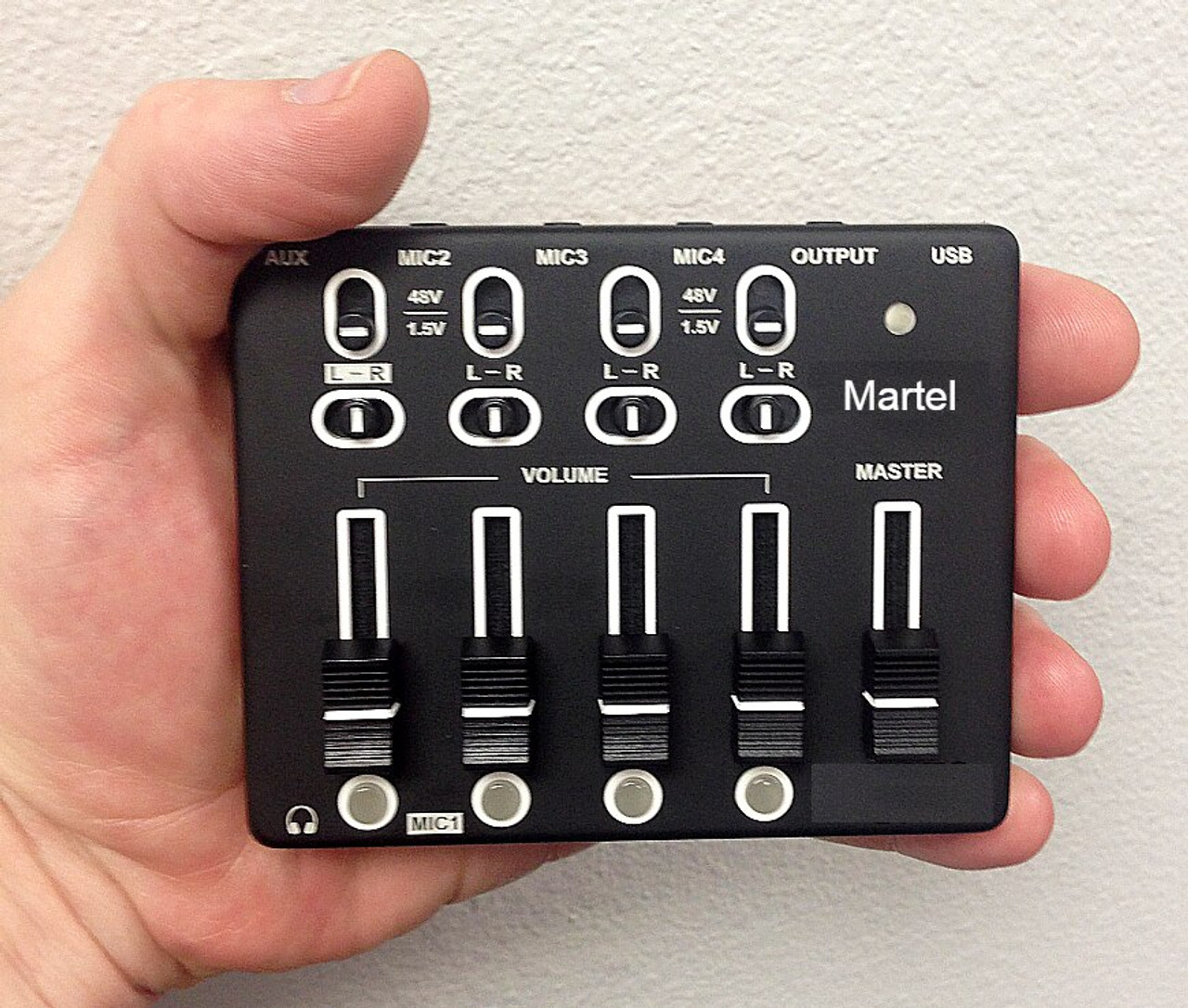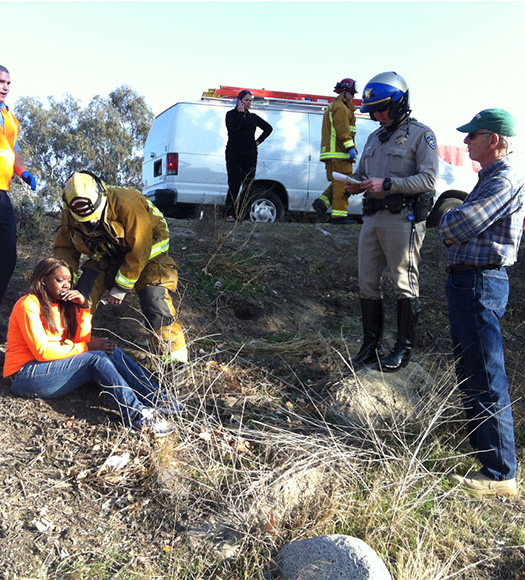A side-by-side comparison of traditional vs legal video depositions
Wiki Article
The Significance of Lawful Video Clip Depositions in Modern Legal Providers: What You Need to Know
Lawful video depositions have ended up being important in today's legal landscape. They offer a multidimensional sight of witness testimonies that standard transcripts merely can not match. By recording both non-verbal and spoken communication, these depositions improve the general understanding of a witness's reliability. However, the performance of video clip depositions hinges on numerous elements, consisting of compliance with lawful requirements and best methods (legal video depositions). Checking out these components exposes their real importance in modern-day legal solutionsWhat Are Legal Video Clip Depositions?
Lawful video depositions function as an important tool in the lawsuits procedure. They entail tape-recording witness statements in a video clip layout, capturing both verbal and non-verbal interaction. This approach allows attorneys to document the temperament, expressions, and responses of witnesses, providing a richer context for the statement. Normally performed in a controlled setting, these depositions are led by attorneys who ask questions while a stenotype reporter records the dialogue. The resulting video can be vital for test prep work, as it makes it possible for lawyers to assess the trustworthiness of witnesses and fine-tune their approaches. In addition, lawful video clip depositions can be made use of in numerous lawful contexts, varying from civil conflicts to criminal situations. The auditory and visual elements of video depositions enhance the discussion of proof, making it an important element in the contemporary legal landscape. Generally, they add substantially to the performance and effectiveness of legal process.
Advantages of Video Depositions Over Standard Techniques
Video depositions provide various advantages compared to conventional methods of taking witness testimonies. One significant advantage is the capacity to record both visual and audio elements, providing an extra detailed document of the witness's statements. This dual format enhances quality and enables attorneys to reference certain nuances throughout test preparation. In addition, video clip depositions help with remote engagement, making it much easier for witnesses who might be not available for in-person appearances as a result of geographical restrictions or health issues.Moreover, video clip depositions can accelerate the overall deposition procedure, minimizing the moment and prices associated with traveling and logistics. They additionally enhance ease of access, as videotaped depositions can be quickly shared amongst legal groups and referenced at any type of time. This benefit adds to better instance management and prep work. In general, video clip depositions represent a contemporary, efficient technique to gathering witness statements, straightening with the developing demands of the legal occupation.The Role of Body Language and Tone in Testimonies

In legal video clip depositions, body movement and tone play vital roles in communicating a witness's credibility and credibility. Nonverbal hints can give insights into a witness's mood, influencing exactly how their testament is regarded. Understanding the impact of these elements is vital for jurors and lawyers alike when reviewing the reliability of a testimony.
Nonverbal Communication Insights
While verbal communication is often stressed in lawful testaments, nonverbal signs such as body language and tone play a vital function in communicating integrity and feeling. Viewers of depositions might keep in mind that a witness's pose, motions, and faces can substantially affect understandings of dependability. Consistent eye call might indicate confidence, while avoiding gaze can recommend dishonesty or discomfort. The tone of voice-- its volume, pitch, and rate-- can give feelings of genuineness or uncertainty. Lawful experts should be in harmony with these nonverbal signals, as they usually supply crucial context that enhances talked words. Understanding these nuances can enhance the performance of depositions and influence the end result of legal proceedings.Emotional Tone Impact
The psychological tone conveyed throughout legal testaments considerably impacts just how a witness is perceived. Body movement, vocal inflections, and face expressions play important duties fit the story of a testimony. A witness exhibiting confidence through steady eye contact and a calm tone can impart a feeling of dependability and involvement. Conversely, signs of anxiousness, such as fidgeting or an unstable voice, might cause hesitation concerning their account. The subtleties of psychological expression can influence the interpretation of realities, making it essential for attorneys to recognize these cues. In video clip depositions, the aesthetic and acoustic elements incorporate, emphasizing the importance of psychological tone in sharing genuineness and truthfulness within the legal process.Credibility and Credibility
A crucial variable in establishing trustworthiness and reliability during statements hinges on the witness's body movement and intonation. Viewers usually depend on non-verbal signs-- such as eye call, stance, and motions-- to analyze a witness's genuineness. For circumstances, a witness that keeps eye go call and presents open body movement might be regarded as even more dependable and truthful than one who avoids eye contact or shows up shut off. In addition, intonation plays a vital function; a stable, tranquil tone can enhance the reputation of the statement, while fluctuations in pitch or volume might increase doubts. Inevitably, the mix of body language and singing tone substantially influences how a witness's declarations are gotten and interpreted in a lawful context.Finest Practices for Conducting Video Clip Depositions
Conducting video clip depositions needs careful preparation and execution to guarantee a efficient and clear presentation of testament. It is important to select a quiet, well-lit place to minimize diversions and protected optimum video top quality. The equipment needs to be tested in breakthrough, including electronic cameras, microphones, and illumination, to stay clear of technical concerns during the deposition.Next, celebrations entailed must examine the layout and procedures in advance, seeing to it that every person comprehends their functions. The deponent ought to be informed on the process, consisting of just how to respond clearly and concisely.Additionally, maintaining a specialist behavior throughout the session is vital. This consists of refraining from speaking over each other and verifying that all inquiries are directed appropriately. It is vital to tape the deposition in a style that permits for very easy playback and testimonial, maintaining the honesty of the testimony for future use.Legal Considerations and Compliance Issues
How do lawful factors to consider and conformity issues influence the effectiveness of video clip depositions? Lawful specialists have to browse a complicated landscape of policies, making certain that video clip depositions abide by administrative regulations and requirements. Conformity with regulations concerning privacy, consent, and recording techniques is vital. For example, obtaining explicit consent from all parties entailed is essential to prevent legal repercussions.Additionally, the admissibility of video proof in court can rest on compliance with procedural needs. Guaranteeing that the equipment made use of satisfies technical criteria is likewise essential, as inadequate high quality can undermine the deposition's reliability.Moreover, lawyers need to understand any kind of particular state laws that regulate video depositions, as these can differ significantly. Failing to attend to these considerations can not just jeopardize the stability of the deposition but additionally affect the total situation approach, eventually affecting the customer's lawful results.How Video Depositions Influence Court Assumption
While video depositions can work as powerful devices in lawful procedures, their impact on jury understanding is significant. The aesthetic and auditory aspects of video clip recordings provide jurors with an extra complete understanding of witness disposition, credibility, and emotional responses. This multimedia technique can boost the jurors' ability to evaluate the reliability of statement contrasted to conventional text-based transcripts.Moreover, video clip depositions permit jurors to observe body language, tone of voice, and faces, all of which can influence their interpretation of the witness's statements. The existence of a witness on display can humanize them, promoting compassion and link, which may persuade jurors' point of views. Conversely, a witness who appears evasive or unreliable on video clip may bring about unfavorable perceptions that influence a jury's decision. Eventually, the vibrant nature of video depositions plays a vital role fit exactly how jurors translate evidence and reach their decisions.The Future of Video Depositions in Legal Method
As improvements in innovation proceed to improve the legal landscape, the future of video depositions is poised for significant evolution. Innovations such as expert system, virtual fact, and boosted video clip conferencing devices are anticipated to improve the deposition process and improve accessibility. Legal specialists might use AI-driven analytics to examine witness reputation and case strength extra effectively.Moreover, the assimilation of online truth could permit courts to experience immersive simulations of depositions, offering deeper context and understanding. In addition, the pattern towards remote depositions is most likely to continue, using higher flexibility for lawyers and customers alike.As remote work becomes significantly normalized, video depositions will likely come to be conventional practice, lowering expenses and time constraints linked with standard methods. On the whole, these technological advancements guarantee to enhance the performance, efficiency, and accessibility of video clip depositions in legal method, ultimately changing how lawful experts plan for trial.Regularly Asked Questions
Just How Much Do Legal Video Clip Depositions Generally Price?

Can Video Depositions Be Made Use Of in Any Kind Of Instance?
Video depositions can be used in numerous sorts of situations, consisting of civil, criminal, and family members law. Their versatility permits lawyers to present witness statements properly, adjusting to the specific requirements of various lawful scenarios.What Equipment Is Needed for a Video Deposition?
To carry out a video clip deposition, essential equipment includes a high-grade camera, microphone, lighting, and a trustworthy recording tool. In addition, a computer with editing software may be required for post-production and formatting the final video.How much time Does a Regular Video Clip Deposition Last?
A regular video clip deposition lasts in between 2 to 4 hours, depending on find out here now the complexity of the case and the number of questions posed. Extended sessions may occur, but breaks are usually incorporated for participant convenience.

Are Video Depositions Admissible in Court?
Video depositions are generally acceptable in court, offered they comply with legal standards and guidelines of evidence. Their use enhances clearness and protects witness testimony, aiding in the judicial process during hearings and tests. Legal video depositions have actually ended up being necessary in Full Article today's lawful landscape. In addition, lawful video depositions can be made use of in various lawful contexts, ranging from civil disagreements to criminal cases. Additionally, video depositions promote remote engagement, making it much easier for witnesses that might be unavailable for in-person looks due to geographical restrictions or health issues.Moreover, video clip depositions can speed up the overall deposition procedure, decreasing the time and prices connected with travel and logistics. Making certain that the devices used fulfills technical criteria is likewise important, as inadequate quality can threaten the deposition's reliability.Moreover, attorneys have to be conscious of any kind of details state legislations that control video depositions, as these can differ significantly. In addition, the pattern towards remote depositions is likely to linger, offering higher versatility for customers and lawyers alike.As remote work comes to be increasingly stabilized, video clip depositions will likely become typical practice, lowering costs and time restrictions linked with conventional approaches.Report this wiki page